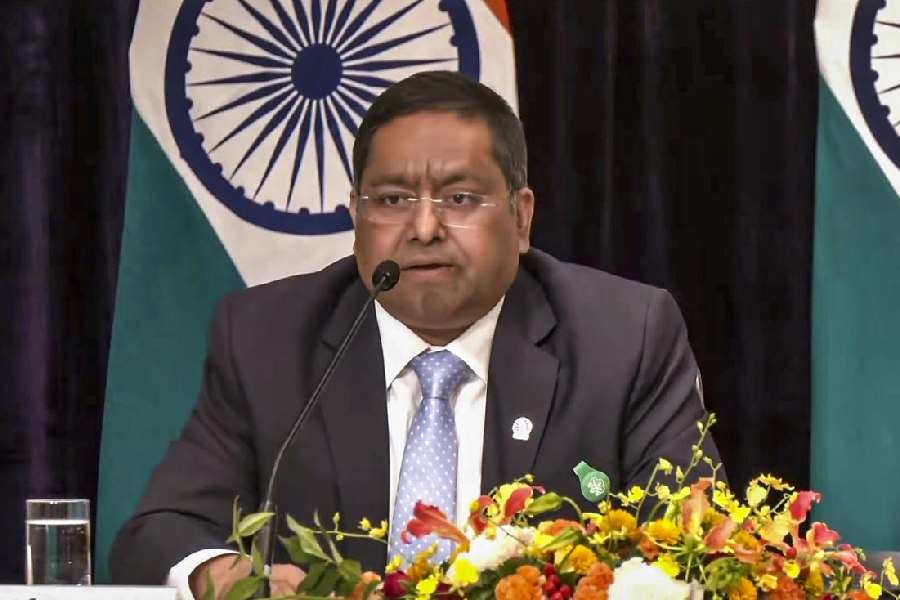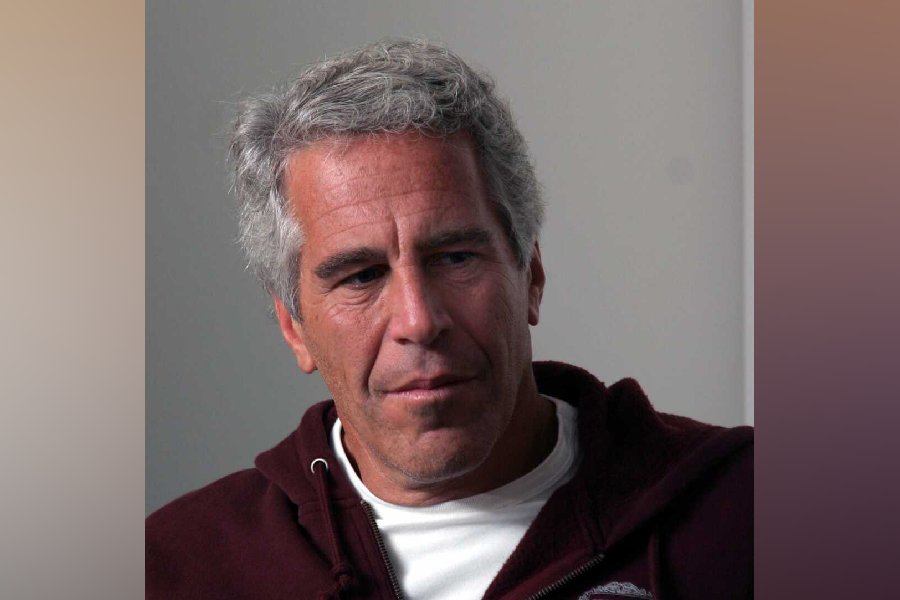China has taken strong exception to a film made by a Kurseong-born director and a cast and crew largely drawn from Darjeeling that revolves around the Tibetan uprising of 1959 and shows Tibet as an independent country.
Four Rivers Six Ranges — which is directed by Shenpenn Khymsar, who grew up in Kurseong and is currently settled in the US — premiered at the International Film Festival Rotterdam (IFFR) in the Netherlands on February 1. China has accused Khymsar of propagating “separatism”, prompting him to call out the country’s “fragility” and “pathetic propaganda”.
Many Tibetans exiled after the uprising, and their progeny, live in Darjeeling.
The Beijing-headquartered China Global Television Network (CGTN), one of the three branches of the state-run China Media Group and the international division of China Central Television, has accused Khymsar of attempting “a fictitious rewrite of Xizang’s history”. The Chinese refer to Tibet as Xizang.
An article published by the CGTM on February 1 and last updated on February 5 refers to Khymsar as a “Tibetan exile”. Khymsar’s maternal grandfather took part in the 1959 uprising and the family settled in Darjeeling later.
“Shenpenn Khymsar announced on his Facebook account that the film is dedicated to the 14th Dalai Lama on his 90th birthday, accompanied by an unfounded claim: ‘Xizang was and will never be a part of China.’ His claim is utterly groundless and distorts historical reality,” the opinion piece on the CGTN website states.
The article says that “based on the historical boundaries of China, Xizang is an inseparable part of China”.
“Despite the overwhelming legal, historical, genetic and linguistic evidence that Xizang has always been an inseparable part of China, Khymsar’s film attempts to rewrite this reality,” the article states.
Khymsar has been accused of attempting to use his film “as a platform for separatism”.
Khymsar told The Telegraph over the phone on Wednesday: “China’s response came right after our premiere and we could see how fragile they are with their pathetic propaganda. I’m happy that my film is making China nervous and it is what it is. The truth cannot be hidden and the truth is Tibet has and will always belong to Tibetans.”
The film is co-produced by Dorjee Wangdi Dewatshang, who lives in Delhi, and has Tenzin Dhondup and Thupten Chukhatsang as the principal cast. “The film is partly based on the book Flight at the Cuckoo’s Behest,” Khymsar said.
Many scenes of the movie were shot in the Mustang area near the China border in Nepal and has a strong Darjeeling connect.
“The co-producer, Dorjee Wangdi Dewatshang, is a student of St Augustine’s School in Kalimpong, as is the principal actor, Thupten Chukhatsang. In fact, the core team is from the Darjeeling hills,” Khymsar said.
The Darjeeling-based crew members include editor Akhilesh Rai, production designer Mercy Simick Azem, art director Neden Yolmo and assistant director Daniel Rai.
Four Rivers Six Ranges is not the only Tibet-related film being screened at the Rotterdam festival. The 1965 film Serfs, considered by many as a Chinese propaganda film, is also being shown. The film aligns with the Chinese Communist Party’s narrative that the Chinese military intervention in Tibet was an act of liberation for Tibetan serfs.










